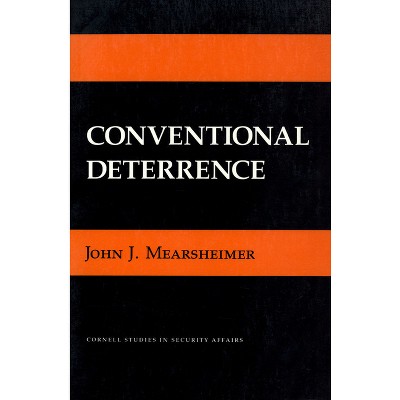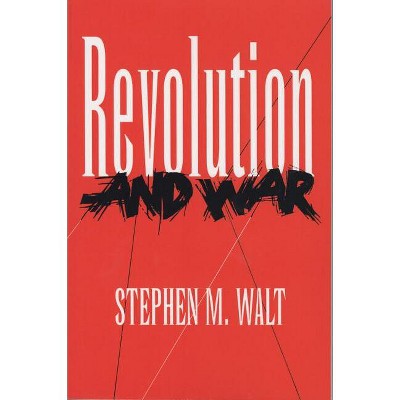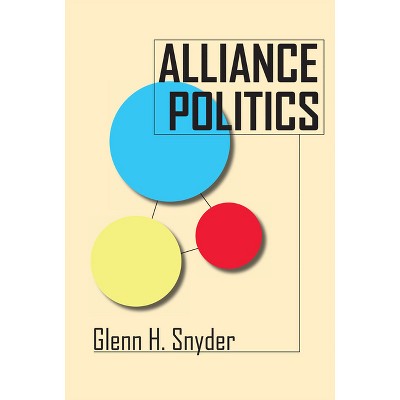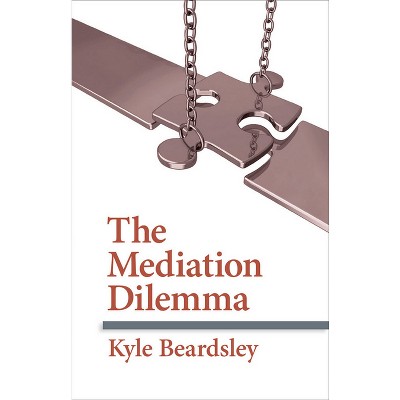Sponsored

Domestic Bases of Grand Strategy - by Richard Rosecrance & Arthur A Stein (Paperback)
In Stock
Sponsored
About this item
Highlights
- This book explores the idea of grand strategy and offers a full-blown critique--both theoretical and empirical--of the gaps and inconsistencies that weaken modern realist theory.
- About the Author: Richard Rosecrance is Professor Emeritus of Political Science at the University of California, Los Angeles.
- 256 Pages
- Political Science, International Relations
Description
Book Synopsis
This book explores the idea of grand strategy and offers a full-blown critique--both theoretical and empirical--of the gaps and inconsistencies that weaken modern realist theory. Grand strategy, the authors maintain, is determined as much by domestic politics as by international pressures.
Review Quotes
A superb collection of essays that together present an exceptional picture of the importance of the domestic factor in the grand strategic decision-making process. Making skillful use of both theory and historical precedent, the collective authors of this volume show that any nation's development of a grand strategy, without full consideration of its own and others' domestic influences, is a blunder of potentially enormous proportions.
-- "Military Review"A sustained and convincing attack on the 'realist' mode of thought which argues that grand strategy is mainly determined by the foreign relations of states.
-- "International Affairs"Each essay is well-written, and most are relatively persuasive on a stand-alone basis. In generating their various puzzles, these essays seemingly provide further evidence against the explanatory and predictive power of structural realism. They call into question both that theory's operating assumptions and its analysis of state behavior. And while many of the critiques fault neorealism for claims it never makes, some essays raise serious questions that must be confronted by realist scholars if they wish to continue defending the theory's utility.
-- "International Organization"Editors Rosecrance and Stein present a focused and disciplined set of empirical critiques of structural realism. The book is a useful entry in the literature of theoretical debate, and it is less soporific than the usual exegeses of competing paradigms.
-- "The American Political Science Review"Provocative. Collectively, the material in this book serves as a persuasive reminder that state behavior, strategic or otherwise, cannot be satisfactorily explained solely on the basis of 'structural realism.'
-- "Perspectives on Political Science"The book deserves to be praised for its brave attempt to challenge Realism in a typical Realist arena and for the thoroughness of its case studies.
-- "Political Studies"The principle value of [this] book is to place realism as an explanation of grand strategy into proper perspective. It will be of interest primarily to graduate students, analysts, and professors who are interested in the debate over realist theory and its applicability to grand strategy.
-- "Mershon International Studies Review"About the Author
Richard Rosecrance is Professor Emeritus of Political Science at the University of California, Los Angeles.
Arthur A. Stein is Professor of Political Science at the University of California, Los Angeles.
Shipping details
Return details
Discover more options











